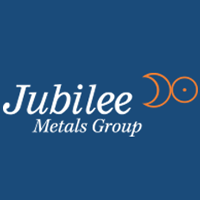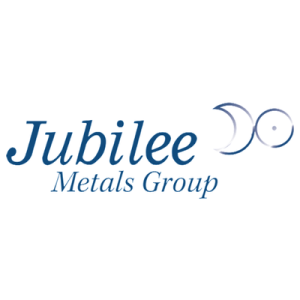In the mid-1990s, Hugo Spowers ran a Formula Three racing team. At the time, motorsport was in the pocket of big tobacco. Every weekend, Formula One cars emblazoned with cigarette brands – Marlboro, Camel, Silk Cut – raced on TV in front of millions. “It was pretty clear it was killing people,” Spowers says. “Meanwhile, the industry was portraying a link between smoking and winners. It was ludicrous. But nobody was going against it.”
So when, in 1995, Spowers’ team introduced a car decorated with an anti-smoking campaign, it caused a commotion. At a party the night before the car was set to debut at the British Grand Prix, the chairman of the British Racing Drivers’ Club summoned Spowers, outraged. “He bellowed at me for a full five minutes, about how motorsport needed its sponsors, and ‘not pinkos like you’,” Spowers says now, chuckling. But Spowers was unmoved: he knew he was right. Furthermore, he believed it made financial sense: the relationship with tobacco was tainting the sport for businesses that didn’t want to be associated with smoking.
But industries are slow to change, and Spowers’ scheme found few backers. Disillusioned and low on funds, he quit racing soon after. It wasn’t until 2006 that motorsport finally banned tobacco advertising completely.
So Spowers is used to being doubted, mocked and shouted down. But he has also learned to be patient. Sometimes, the only way to tell the difference between a crackpot and a visionary is to wait a while.
Now 57, Spowers has the grey hair of an ageing rock star, a ruddy complexion and a dishevelled charm. When we meet, a checked shirt is poking through large holes in his red cable-knit jumper; his trousers are being held up by a belt made from an upcycled fire hose. For the last 16 years, Spowers has been founder and chief engineer of Riversimple, a small hydrogen-fuelled car company based in Llandrindod Wells, in mid-Wales. In 2016, it unveiled its first production-ready car: the Rasa, a radical, ultra-light two-seater powered by a hydrogen fuel cell. This year, the company will roll out a beta test of 20 cars in Monmouthshire and if all goes well, Spowers hopes to have the car on the market in 2019. “As far as we can tell,” he says, “we are the only independent hydrogen car startup in the world.”
Riversimple’s headquarters lie on a small industrial park in otherwise picturesque Welsh countryside: the surrounding hills are flocked with sheep; the main office overlooks a stream. Inside, engineers work at desks upcycled from pallets. Spowers employs 19 people, and today several engineers in the workshop are huddled around the chassis of the first of Rasa’s beta test cars. This has just arrived from the supplier in Melton Mowbray (Riverside tries to use UK-based suppliers where possible) and is undergoing testing before the other 19 are ordered.
The Rasa (short for tabula rasa, or clean slate) is baby blue and has a sleek, friendly design. Its unusual, aerodynamic shape was designed by Chris Reitz, who also designed the modern Fiat 500. “We want to design something people want, not just for eco guilt,” Spowers says. The entire car weighs just 580kg, or less than half a Volkswagen Golf and a quarter of a Tesla Model S.
Its chassis is carbon fibre, and it uses low-rolling resistance wheels. Every part has been painstakingly engineered for lightness; the lower the weight, the less energy required. The car can do 0-60mph in 10 seconds – the equivalent of a Ford Fiesta – and has a range of around 300 miles. But it does that on just 1.5kg of hydrogen, using a tiny 8.5kW fuel cell. Toyota’s hydrogen car, the Mirai, uses 5kg to achieve the same range.


